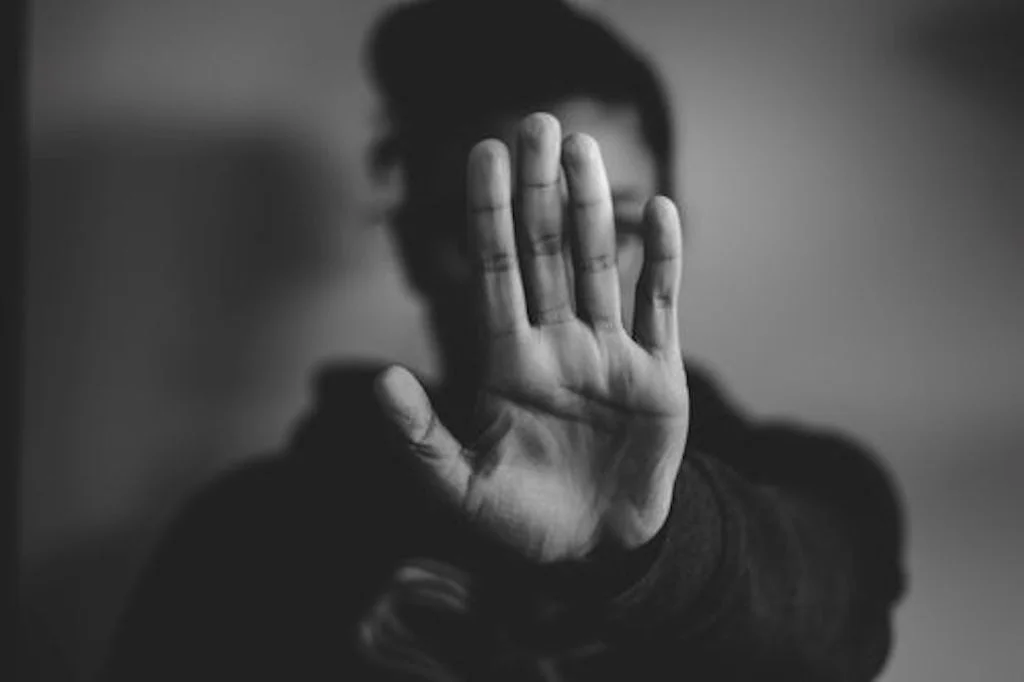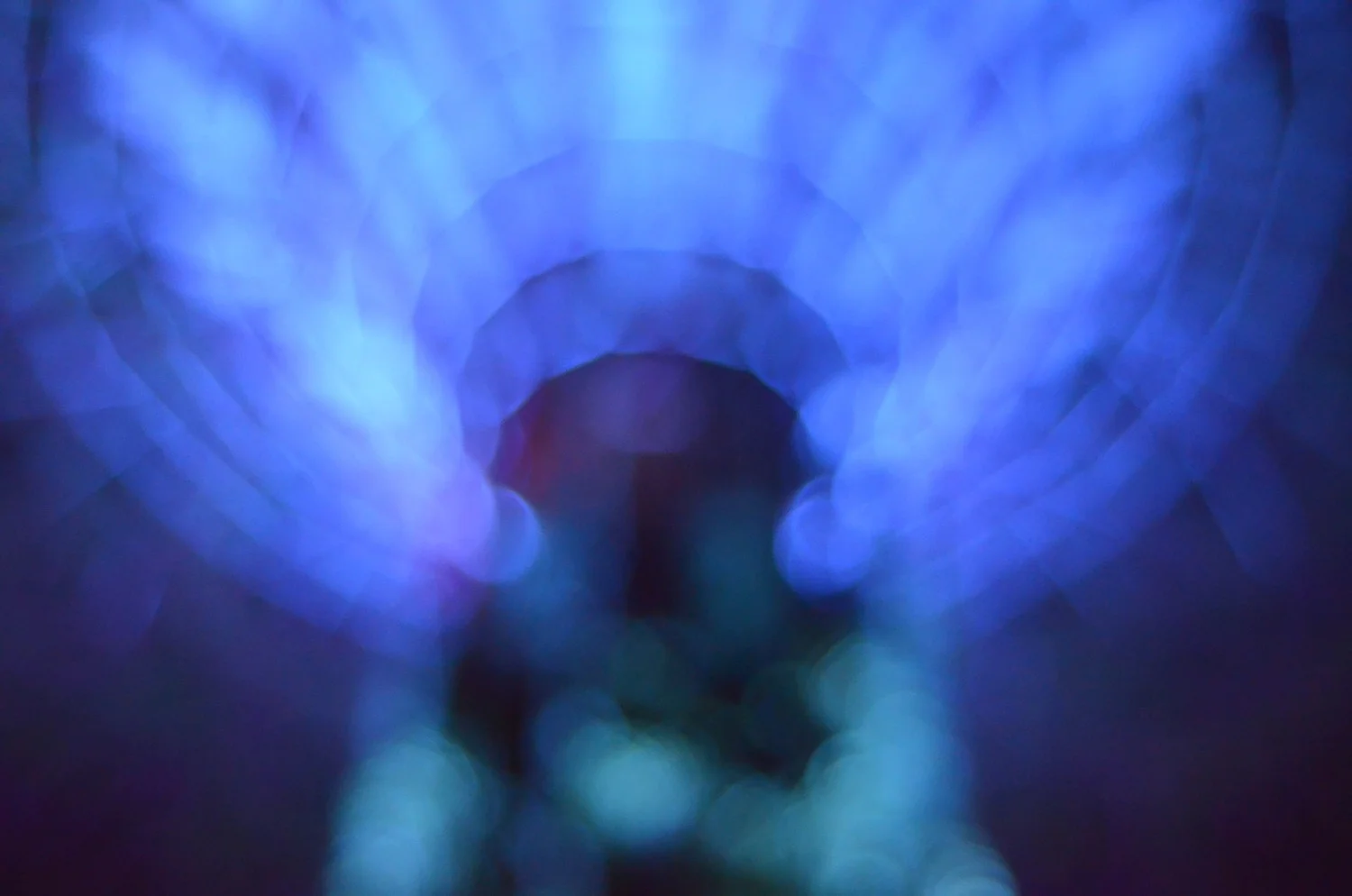Tomorrow will be my sixteenth motherless Mother’s Day. And while it had gotten easier over time, the absence of my mother feels now like a wound opened anew. Exacerbating these feelings are the demise of my fourteen-year-old dog seven weeks ago, day seventy of coronavirus social distancing, and the loss of intimate family relationships—all in the midst of an unprecedented transfiguration of life as we knew it.
With both parents gone, I currently reside full-time on the other side of the parent-child equation. Among other things, this includes my being on the receiving end of behaviors I once directed toward my own parents. As a family-systems-trained psychotherapist and coach, I have seen these types of multi-generational pattern replications frequently in my practice, as well as being an active participant of their playing out in my personal life.
Living solely on the parenting side of the parent-child dynamic has taught me a lot about myself as a child to my own parents. This is especially true regarding my mother, with whom I shared a life-long relationship riddled with mutual disappointment, judgment, and resentment. Despite my unsuccessful attempt to achieve closure with her when she was dying, it wasn’t until the roles had flipped with my own children that I was able to release the hurt and anger I carried toward my mother, replacing them with compassion, forgiveness, and love.




















